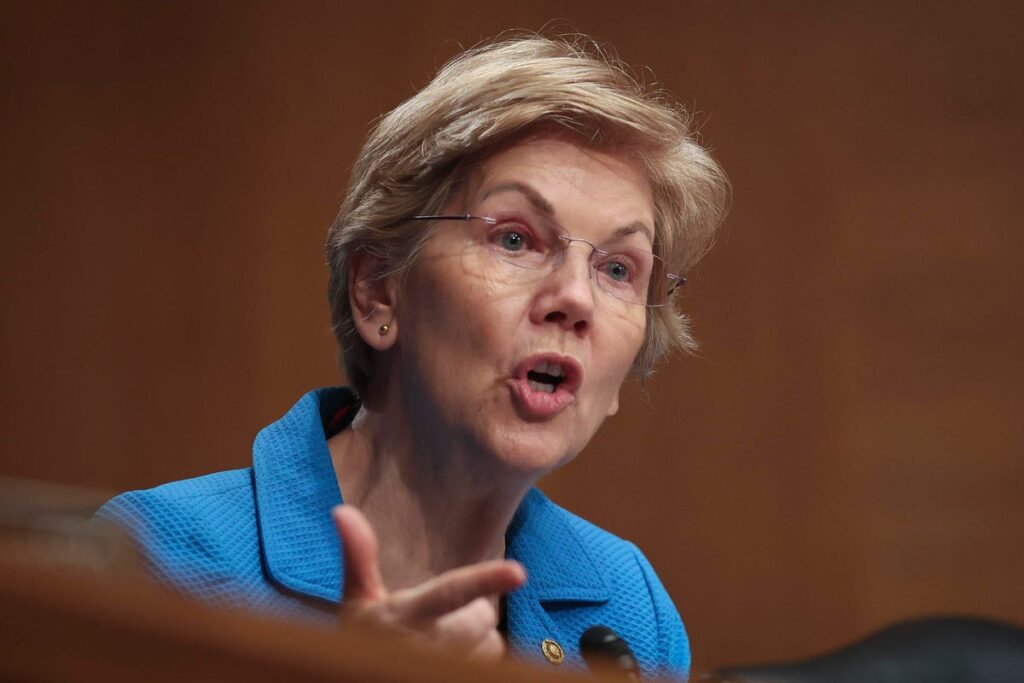U.S. Sen. Elizabeth Warren (D-MA) wants the Federal Trade Commission to review the parade of … [+]
News that U.S. Sen. Elizabeth Warren wants the Federal Trade Commission to review the parade of acquisitions by retailers and health insurers of primary care companies, could slow dealmaking and thwart a new source of outpatient care delivery for patients.
But one state’s review less than three months ago of an earlier multi-billion-dollar primary care acquisition by Amazon found such deals don’t lead to higher prices and do offer more choice of healthcare services if the bigger partner brings about more access to services.
The Massachusetts Democrat Wednesday urged the FTC “to carefully scrutinize” CVS Health’s pending $10.6 billion acquisition of Oak Street Health, a large network of doctor-staffed clinics primarily used by seniors.
“Health care companies boast that these purported cost-savings will ultimately benefit consumers, but examples from other areas in health care demonstrate that vertical integration has had the opposite result: for example, one study found that vertical integration between primary care and hospitals led to higher total spending at the patient level,” Warren wrote to the FTC in a letter posted Wednesday on her Senate website.
The CVS-Oak Street deal comes amid a physician buyout wave by retailers including Walgreens, Walmart and Amazon. Warren wants the FTC to look back at other deals involving some of these large retailers as well as certain health insurers that are gobbling up doctor practices.
“I ask you to closely scrutinize the acquisition of Oak Street by CVS and other similar acquisitions,” Warren said. “I also ask that, using your authority under the FTC and Clayton Acts, you retroactively analyze previous acquisitions of primary and home health care companies by large health insurers and retailers such as United, Humana, WBA, Walmart, and Amazon. If the FTC determines that any of these deals violated antitrust law, I urge you to unravel them.”
Federal antitrust regulators including the FTC have yet to find anything wrong with such deals. Most recently, the FTC decided against challenging Amazon’s $3.9 billion acquisition of One Medical, a fast-growing primary care company that offers in-person and virtual healthcare services.
Meanwhile, the Oregon Health Authority closely examined the Amazon-One Medical transaction and said it has no “concerns about price increases.”
The Oregon Health Authority, which was pressured by consumer groups to derail the transaction they said would hurt the quality of care and lead to higher costs, said in a review released just two months ago it had no concerns about higher prices because “the transaction will not meaningfully change Amazon and One Medical’s market share for primary care services in Oregon.”
One Medical operates more than 180 medical offices across the country, including five primary care clinics in Oregon where One Medical “partners with Providence Health & Services to support clinical care and administrative services,” state records in the regulatory review show.
In addition, the Oregon Health Authority said Amazon could “generate efficiencies and savings for One Medical” given Amazon’s “advanced supply chain and purchasing power.”


